Chris graduated from Sussex University obtaining both his B.Sc and D.Phil there and then worked for 2 years at Leicester University as a post-doctoral fellow with Professor M.C.R.Symons FRS. He was appointed to a “new-blood” lectureship in Chemistry at Queen Mary and Westfield College, London University and then moved to LJMU as Research Professor in Chemistry in 1994. In 2003 Chris was awarded a Higher Doctorate (D.Sc) by the University of Sussex. In August 2003 he established the consultancy firm, Fresh-lands Environmental Actions, which deals with various energy and environment issues, of which he is Director. Some of its current projects concern land remediation; heavy metal and radioactive waste management; alternative fuels and energy sources based on biomass and algae; and hydrothermal conversion of biomass and algae to biochar, fuels and feedstocks. Chris’ publications run to over 200 articles and 5 books. He writes a monthly column for Scitizen.com on “Future Energies”. He has given invited lectures at many international conferences and university departments around the world, radio and televised interviews and more recently at popular science venues e.g. Cafe Scientifique. His first novel “University Shambles” http://universityshambles.com, a black comedy based on the disintegration of the U.K. university system, was nominated for a Brit Writers Award. He is a Fellow of the Royal Society of Chemistry and a Fellow of the Linnean Society of London. He was recently elected Chair of Transition Town Reading (U.K.).
“Trees – Protectors Against a Changing Climate.” – Journal Publication
It has been concluded that the best chance for preserving the Amazon, and its ability to buffer against climate change, lies in placing formally protected areas and lands in the charge of indigenous peoples.
April 4, 2024
What can we expect from COP28?
COP28 is the first COP to raise discussion about the public health impacts of climate change. Organisations representing 46 million health professionals have written to Sultan Al Jaber, calling for a total phase-out of fossil fuels. The World Health Organisation has exhorted ministers of health to make “health” a force for propelling climate action, via climate-friendly healthcare systems…
December 2, 2023
“The Oil Machine” and the Changing Climate
Released smartly in time for the COP27 climate change conference, the film “The Oil Machine”, presents a stark picture of the imperative to cut our use of fossil fuels, in particular crude oil, but moreover of our utter dependency on the “black gold” for practically all aspects of modern civilization.
November 23, 2022
Architects of Our Future: Energy and the Changing Climate
The time is now or never. Cooperation is fundamental to our success, and only by uniting as a human family, on all levels from local to global, can we hope to achieve an equitable and concordant future on our Mother Planet.
November 7, 2022
“Four Meals From Anarchy” – We Must Grow More Food Locally
Providing sufficient access to affordable food for its population is an underpinning prerequisite for any properly functioning society, and given the clear risks posed by the UK’s current heavy reliance on imports, far more domestic – particularly locally based – food production must be established as a matter of urgency, i.e. before people begin to go hungry.
April 25, 2022
Russia-Ukraine War and the Changing Energy Landscape
Moreover, some degree of decentralisation of our energy system would contribute to local and regional energy resilience, thus providing a necessary buffer against the many storms of a changing global climate that are likely to prevail upon us.
March 16, 2022



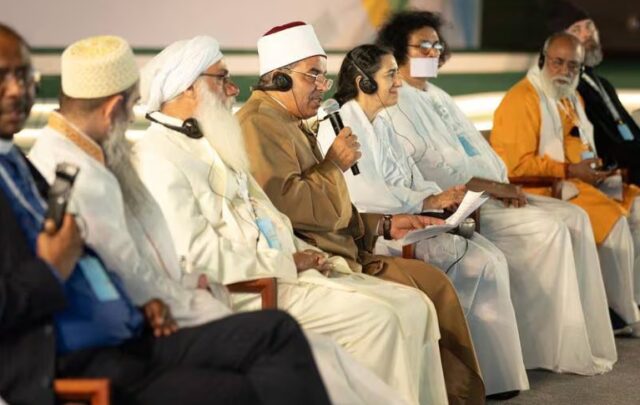
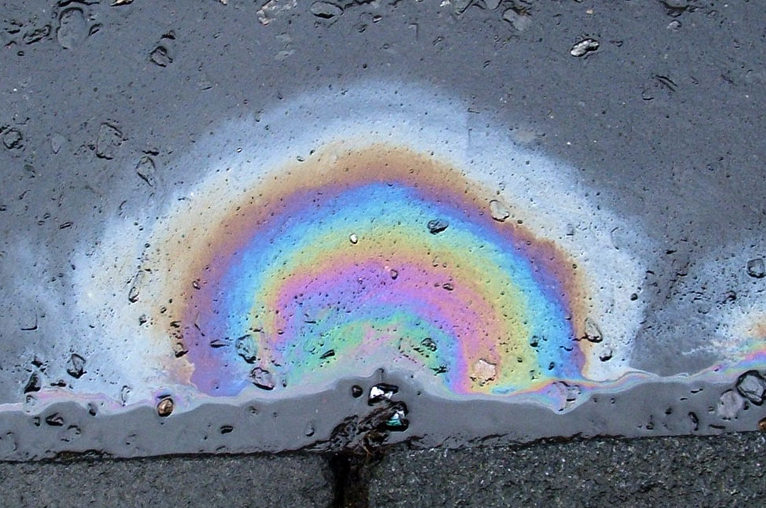
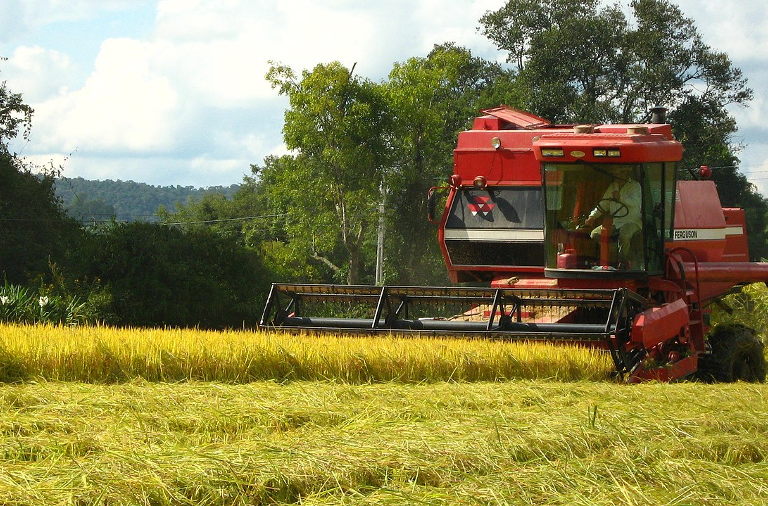
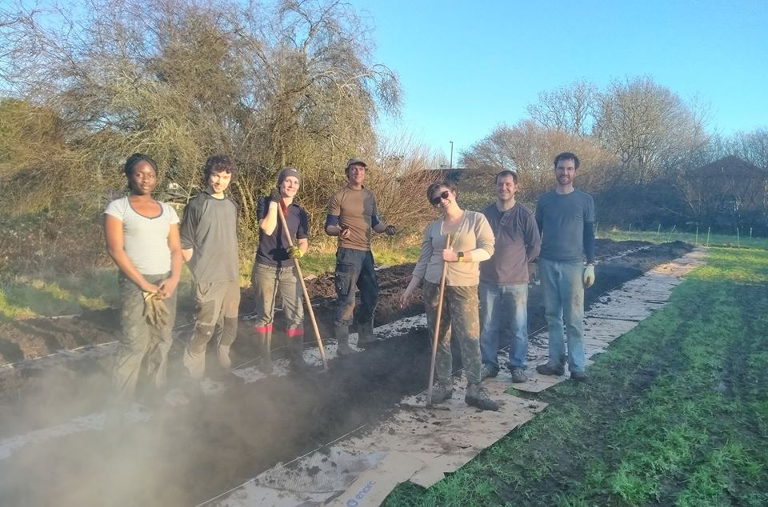
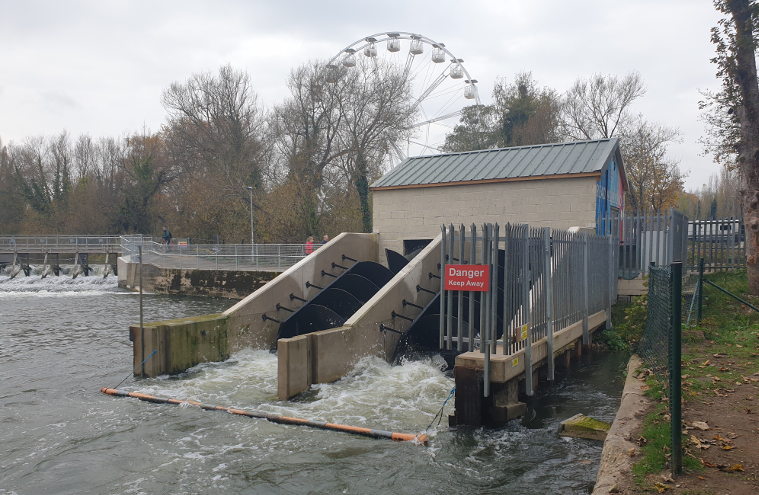
1 thought on “Chris Rhodes”